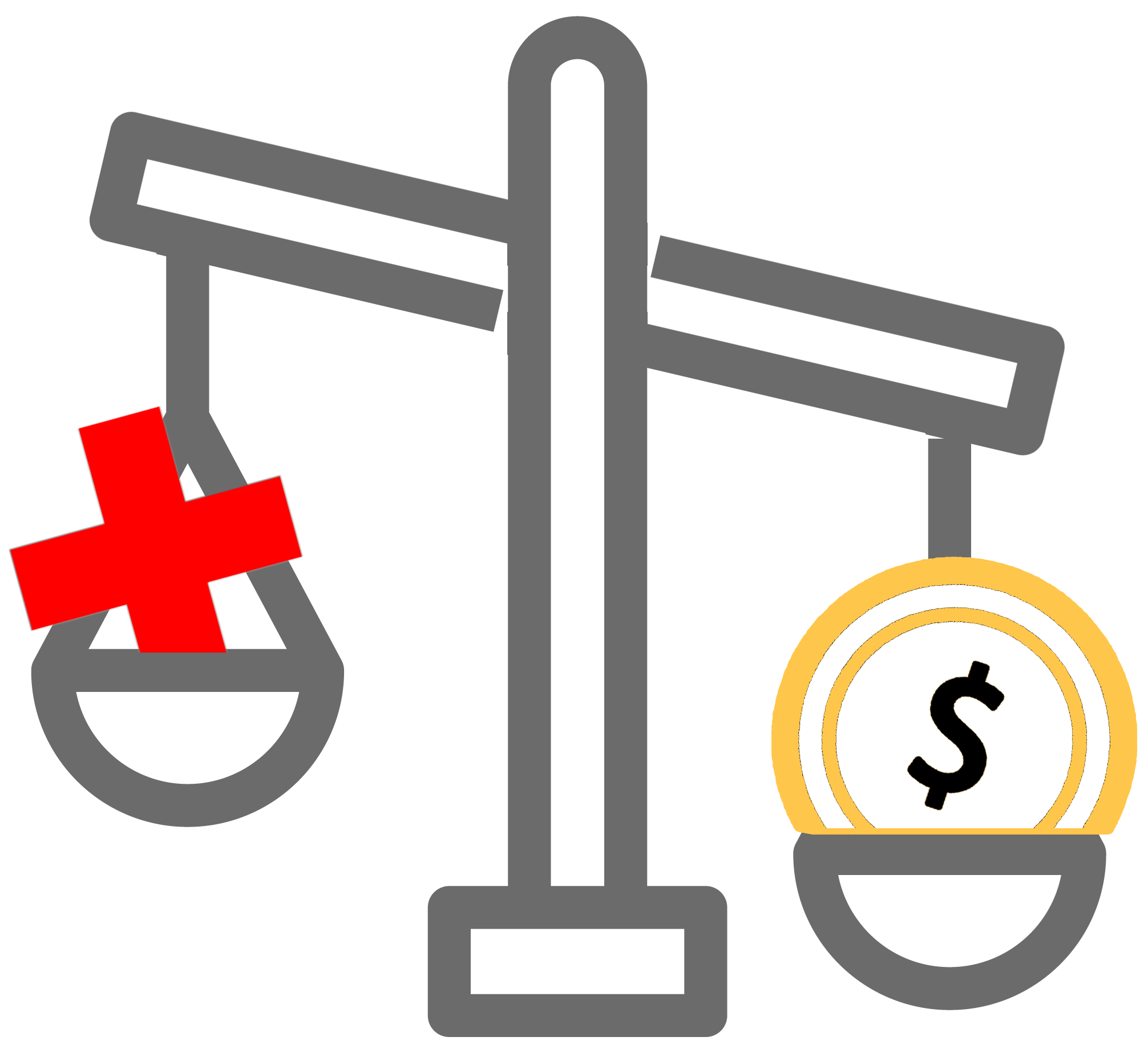Discount Dangers: Specialty Networks Are the Barnacles of Work Comp

Discount Dangers is a daisyBill series on the various ways discount contracts cheat workers’ comp providers out of reimbursement. With this series, we shine a light on the worst discount practices and help providers fight back.
Specialty networks aim to lower costs by organizing discount rates on medical services and products. But at what cost to providers? By placing themselves between providers and insurers, these networks add a middleperson — and a layer of unnecessary friction — to an already convoluted billing and payment process. Specialty networks are like barnacles on a ship; they create drag on the entire workers’ comp system, slowing it down at the provider’s expense.
A Provider’s Network Nightmare
In August, a daisyBill client contacted us for advice on unpaid bills submitted to a specialty network for DMEPOS products. The network refused to pay these bills, submitted in June and July, because the insurer needed to pay the network first. The network representative told our client that York Risk Services Group (York) had not paid their network, so the network would not pay the provider.
Even more damning, the network followed up with the client and explained that York did not have the client’s bills on file, requiring the network to submit duplicate bills to York in August.
Now it is OCTOBER, and the network still has not been paid our client those June and July services.
This week daisyBill contacted the network in question about these unpaid bills. The representative stated that York still had not paid them for the provider’s services. The representative confirmed that the network mailed the duplicate bills to York in August, but there was no way for HOMELINK to track whether York received them. (Hint: This network should send bills electronically. Then, they would know that bills reached their destination).
While the network fumbles its (paper) billing process, our client continues to wait for payment.
The Problem with Specialty Networks
When a provider submits a bill to a specialty network, the network replaces the provider’s standard tax identification number as listed on the original bill with the tax ID number. This change signifies to the payer to pay the network, not the provider.
Superfluous layers of bureaucracy created by specialty networks reduce, delay, or even eliminate reimbursement for providers. At best, these networks create unnecessary friction; at worst, networks provide cover for insurers and payers attempting to evade their obligation to pay for the authorized treatment of injured workers. This is unacceptable.
Bypass Failing Networks
When a network mishandles your bills, circumvent the network and submit your bill directly to the claims administrator. Insurers are not allowed to evade payment by hiding behind their networks. When the network fails, bypass it and submit your bills directly to the insurer. Your tax identification number will remain on the bill (instead of being replaced by the network), and the claims administrator will pay your office directly.
Finally, we encourage every provider to write their state legislators, requesting that they address the impediment to payment posed by these networks — networks that insurers hide behind to avoid paying the bills for services rendered to injured workers. These “barnacles” should not be allowed to slow down the system any longer. Urge your legislators to consider how networks provide no benefit to injured workers, and instead drive providers from the system.
daisyBill offers everything a provider needs to simplify the billing and payment process, and ensure quick, correct reimbursement. Schedule a free demonstration of our Billing Software today, and see what daisyBill can do for your office.
REQUEST DEMO
DaisyBill provides content as an insightful service to its readers and clients. It does not offer legal advice and cannot guarantee the accuracy or suitability of its content for a particular purpose.




